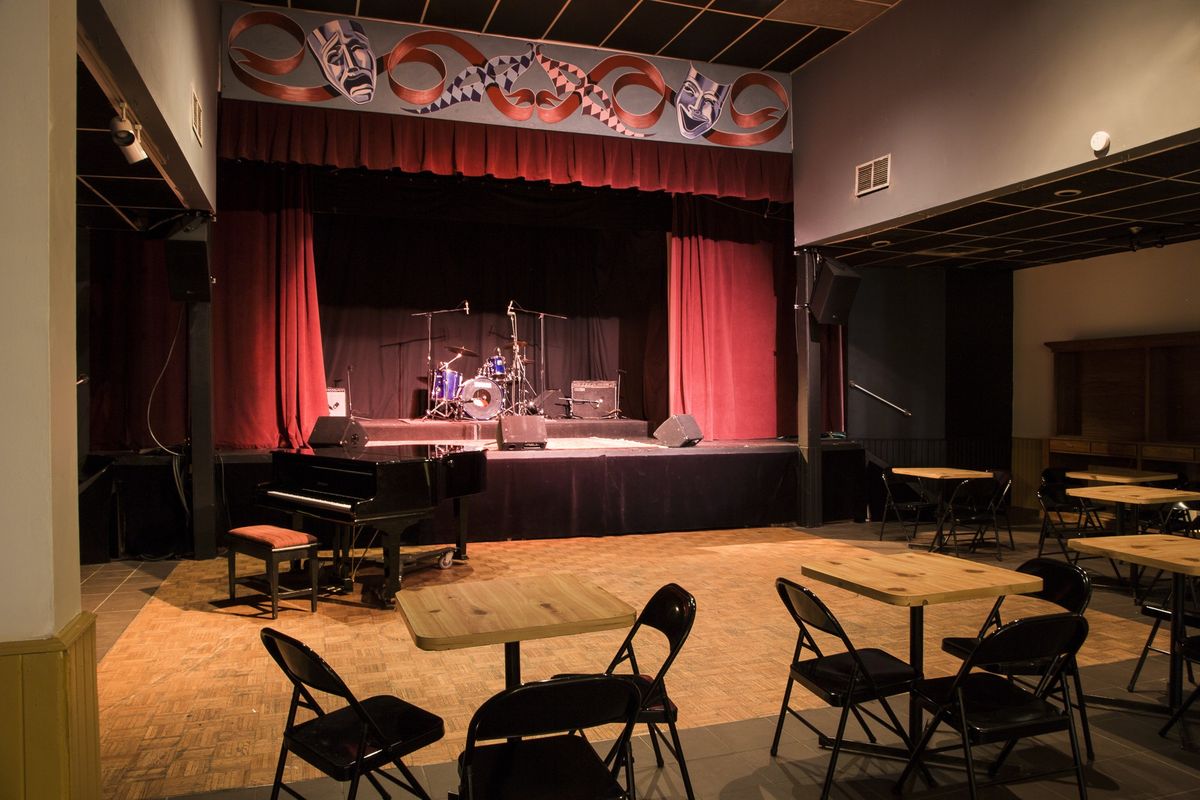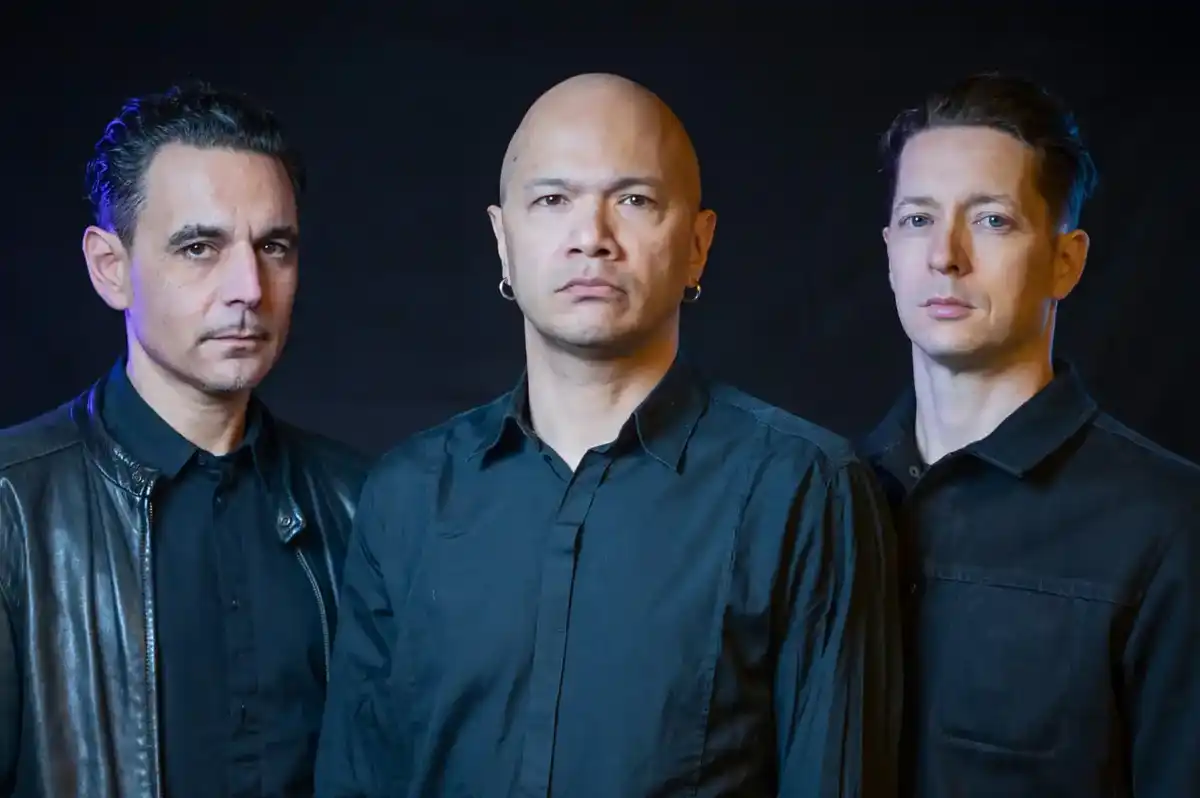Facing Mounting Financial Pressure, Toronto Venue The Tranzac Isn't Going Anywhere
Ahead of a fundraiser this Saturday, April 20, Tranzac Executive Director Jason Doell discusses the challenges piling up against small and independent venues across the country, and how he's taking steps to secure the club's future.

The Tranzac Club Main Hall
Small and independent music venues are facing increasing financial challenges that make it difficult to stay open. One pillar of the Toronto music community is taking steps to make sure it's not going anywhere.
The Tranzac Club, operating in Toronto's Annex neighbourhood since 1971, is an essential venue for genres like bluegrass, jazz, folk, singer-songwriter and experimental music in the city.
In March, the venue launched a GoFundMe campaign, alongside an open letter from Executive Director Jason Doell explaining the "mounting" challenges facing the venue, including a $7,500 monthly mortgage, rising HST payments amounting to $15,000 quarterly, and skyrocketing insurance premiums, which rose by $6,000 this year.
Ahead of a fundraising concert this Saturday, April 20 — the first in a series — Doell spoke with Billboard Canada about the difficulty of staying afloat for small venues in the post-lockdown landscape.
"We've seen — in the last ten, 12, 14, 15 years — so many venues closing," Doell says of Toronto. New ones pop up, he adds, but they don't necessarily last. Doell points out that the problem isn't limited to music venues, but is affecting arts organizations more generally. He points to Artscape, a major Toronto organization that went into receivership last year.
"It's difficult to make room for artists. It's expensive. Especially in a city like Toronto — nothing gets cheaper," Doell says.
Alongside the often-cited problems of rising interest rates and inflation, for the Tranzac, insurance is a major issue. Premiums have been ballooning since the pandemic, and insurers are more wary of music venues, given that lockdown revealed how unstable the in-person business model can be. Doell says that a recent renewal of the club's insurance posed major difficulties. "They don't want to deal with venues in general," he explains. "The pandemic showed us how tenuous things can be."
Despite these challenges, Doell says the Tranzac isn't closing its doors anytime soon. The club has a strong community of dedicated supporters, who have been donating to the GoFundMe and buying tickets for the fundraiser, which features performances from acclaimed experimental artists Sandro Perri, Masahiro Takahashi and Anne Bourne.
"The bulk of folks who come through [the venue]," he explains, "are kind of Tranzac die-hards." In a given year, the venue will host 1500+ performances across its three rooms, as well as 60+ residency artists. The club is also home to more than just music events, hosting poetry readings, theatrical performances, zine libraries and more.
Beyond relying on its community, the venue is planning to seek official charitable status. Right now it operates as a non-profit, but with charitable status it can seek larger donors and catch a break on its HST charges.
Like many other arts organizations, from community venues to massive festivals, the Tranzac is adapting to a post-lockdown landscape. The Toronto Fringe Festival is putting on fewer shows this summer, while music and arts series Long Winter scaled back earlier this year. In Montreal, comedy pillar Just for Laughs recently cancelled its 2024 edition.
For Doell, though the pandemic might have posed new challenges for venues and organizations, it hasn't lessened the need for spaces like the Tranzac.
When Doell went to see his first concert post-lockdown, he found it a bit of a let down. "I was sitting there feeling very empty...I asked myself the question 'do I even like live music anymore?'" But then a friend brought him to see the Ryan Driver Sextet at the Tranzac, and Doell's passion was reignited. He calls it a "psychedelic, spiritual experience."
"I had the answer to my question: yeah, I still f-ing love live music."
The Tranzac Fundraiser is Saturday, April 20 at 7:00pm. Tickets are available here.

















